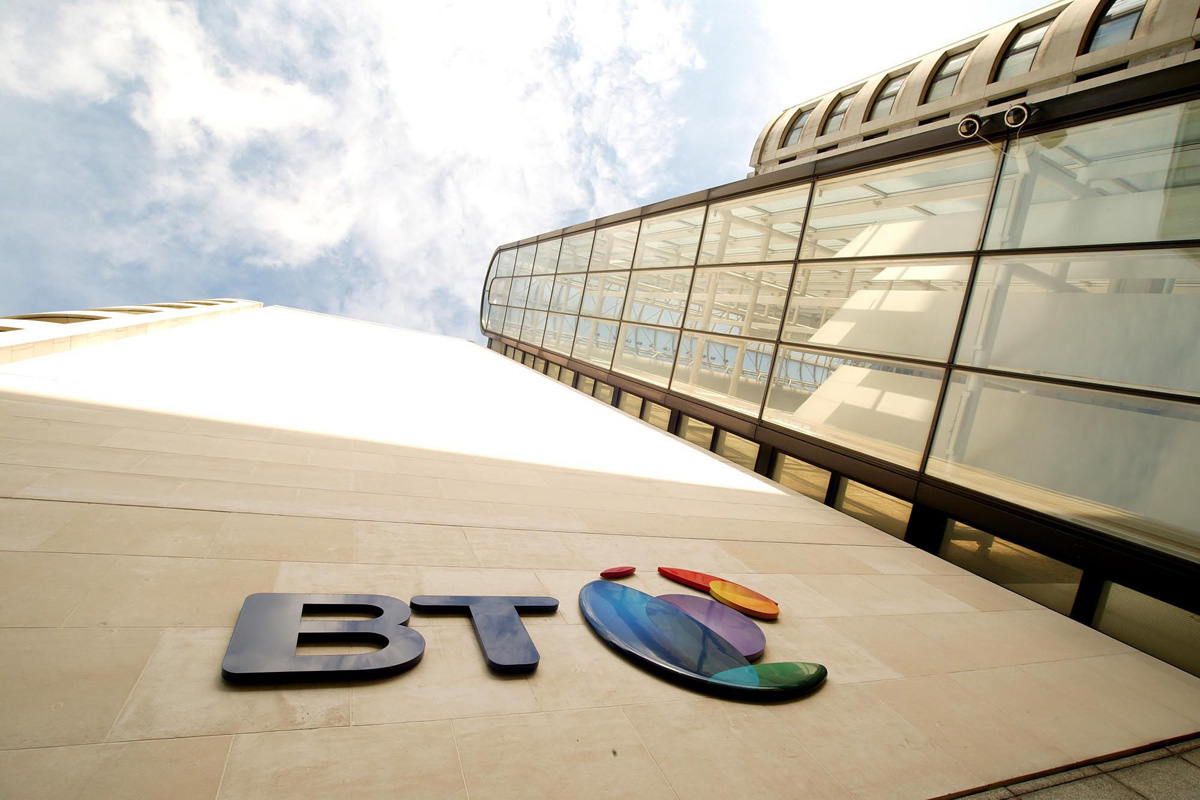BT warns Openreach sell-off could harm broadband rollout
Any move by Ofcom to separate BT’s network arm could damage superfast broadband coverage

BT has warned it could scale back its roll out of superfast broadband if Ofcom compels it to sell off its network arm, Openreach.
The telco giant's CEO, Gavin Patterson, told the Financial Times that without Openreach, its department in charge of broadband, it would be less inclined to expand its coverage.
He said: "It would be difficult to convince the board of BT to invest."
Industry watchdog Ofcom is considering BT's proposed 12.5 billion takeover of mobile operator EE, as BT pushes to become a quad-play provider of broadband, pay-TV, landline and mobile services.
But it's invited rivals like Sky and Talk Talk to comment on the acquisition, as it decides whether or not it's anti-competitive, and they are likely to ask for greater access to BT's UK-wide network, and possibly a break-up of BT's assets.
At the same time, Ofcom is performing an "overarching review" of Britain's communications landscape, focusing on competition, investment and innovation.
The regulator wrote in a report about the review: "In light of market developments and outcomes, might it be necessary to vary the existing model of functional separation for Openreach?"
Get the ITPro daily newsletter
Sign up today and you will receive a free copy of our Future Focus 2025 report - the leading guidance on AI, cybersecurity and other IT challenges as per 700+ senior executives
BT is currently expanding superfast broadband coverage to 95 per cent of the population by 2017 under the government's Broadband Delivery UK project.
The rural rollout has come under scrutiny from MPs over an alleged lack of competition, after Fujitsu dropped out of the running to leave BT to sign all 26 contracts up to June 2013.
Guest editor's view
TechUK CEO Julian David says: Private investment and a competitive market have been crucial to developing the level of connectivity the UK benefits from today. However, there is still work to be done to improve access and speeds in rural and urban areas. Industry needs a supportive regulatory environment if we are to deliver the ultrafast speeds the Conservatives committed to in the budget in March. A review is timely but it must focus on what is practical and will work to get the highest level of investment in digital infrastructure.
-
 Should AI PCs be part of your next hardware refresh?
Should AI PCs be part of your next hardware refresh?AI PCs are fast becoming a business staple and a surefire way to future-proof your business
By Bobby Hellard
-
 Westcon-Comstor and Vectra AI launch brace of new channel initiatives
Westcon-Comstor and Vectra AI launch brace of new channel initiativesNews Westcon-Comstor and Vectra AI have announced the launch of two new channel growth initiatives focused on the managed security service provider (MSSP) space and AWS Marketplace.
By Daniel Todd
-
 Ofcom net neutrality update dismisses calls for big tech contributions
Ofcom net neutrality update dismisses calls for big tech contributionsNews Ofcom’s net neutrality stance has been criticized by some industry stakeholders
By Emma Woollacott
-
 UK 5G spectrum auction will finally go ahead this week
UK 5G spectrum auction will finally go ahead this weekNews The much awaited auction will involve companies bidding for frequency in two bands
By Zach Marzouk
-
 Almost one million Brits still suffer with appalling broadband speeds, Ofcom report finds
Almost one million Brits still suffer with appalling broadband speeds, Ofcom report findsNews A new Ofcom report reveals a massive 925,000 people are still on downloads speeds of less than 10Mbps
By Alex Lee
-
 ISPs now have 30 days to fix net speeds or face null contracts
ISPs now have 30 days to fix net speeds or face null contractsNews Ofcom confirms customers will soon be able to walk away if their service dips
By Dale Walker
-
 More than a million UK properties don't have access to 'decent' broadband speeds
More than a million UK properties don't have access to 'decent' broadband speedsNews Ofcom's Connected Nations report finds broadband is still lacking across 4% of the UK
By Roland Moore-Colyer
-
 BT offers to invest up to £600m to provide universal high-speed broadband
BT offers to invest up to £600m to provide universal high-speed broadbandNews The company's offer would replace new regulation proposed by the government
By Zach Marzouk
-
 Ofcom caps EE and BT's spectrum bidding
Ofcom caps EE and BT's spectrum biddingNews Regulator will limit how much spectrum a single mobile operator can own
By Nicole Kobie
-
 Ofcom caps BT's Openreach prices
Ofcom caps BT's Openreach pricesNews Regulator limits the amount that rivals can be charged for leasing the company's superfast broadband
By Adam Shepherd